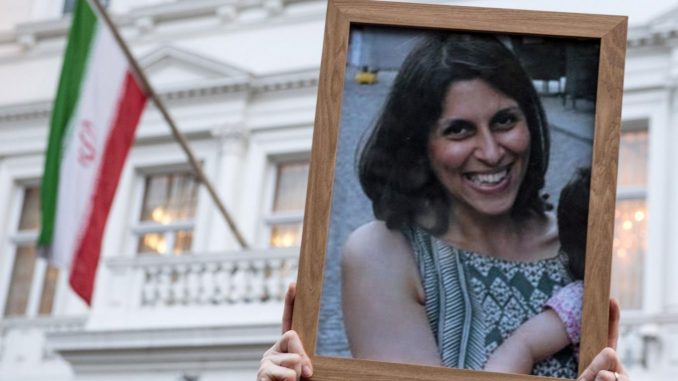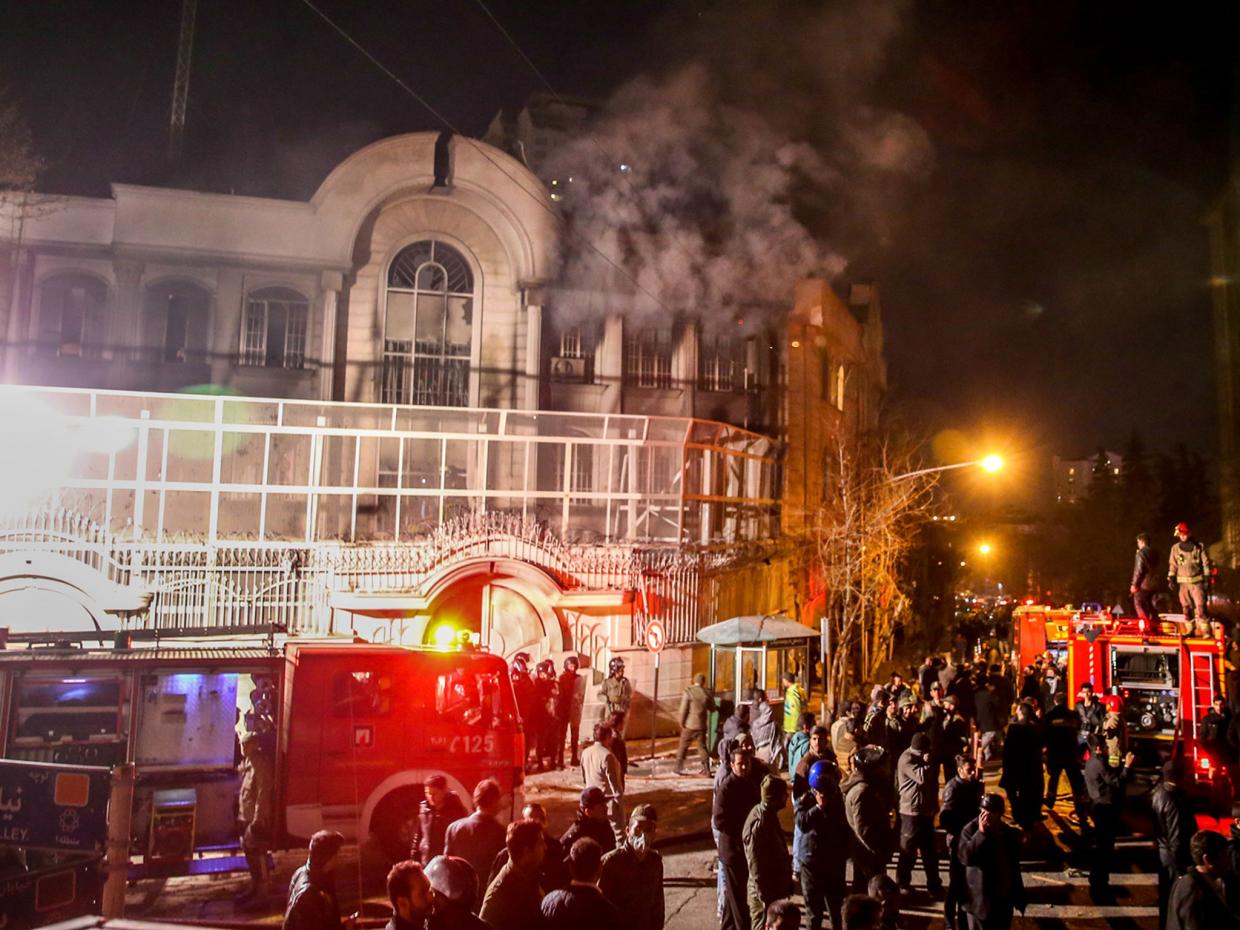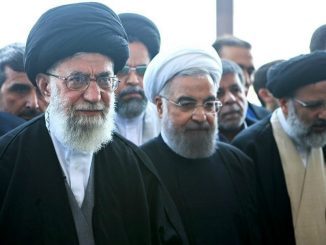
Iran’s Supreme Court has rejected an appeal on a five-year jail sentence for a British-Iranian charity worker who has been in prison in Iran for about a year is suffering fatal health conditions, while the British government does nothing to protest the situation of its citizen.
Nazanin Zaghari-Ratcliffe, a 38-year-old from Hampstead in London, has been in prison in Iran since April, after being arrested while visiting family in Tehran. She is a project manager with the Thomson Reuters Foundation.
The dual-nationality citizen, who was on holiday with daughter Gabriella at the time, was jailed for five years after being accused of being a Western Spy despite no evidence being put forward to support the claims.
An appeal was made before Iran’s Supreme Court but her husband Richard Ratcliffe said the appeal was her last legal opportunity to challenge the sentence.
“Nazanin discovered this weekend that her final appeal at the Supreme Court has failed, and her 5-year sentence has been upheld,” he said in an emailed statement, describing his wife as angry but not shocked.
“Her lawyer was told over the phone that there was no more that the Court could do for Nazanin’s case, and the legal review was closed. There was no court hearing for this judgment.”
The Iranian judiciary declined to respond to calls seeking comment.
She is awaiting treatment for several out of place neck vertebrae, damage caused by months of having no bed, poor exercise and stress.
But despite the recommendations of specialists the charity worker has been still not been admitted to the hospital from the country’s notorious Evin Prison for emergency treatment.
Her family has been pressing for her to receive hospital treatment that they have been told is vital.
Her husband, Richard, said that her neck and back problems have worsened over the last few months.
‘Without urgent treatment, Nazanin runs the risk of permanent impairment,’ he wrote.
British government keeps silent
Ratcliffe said his wife had still not been allowed to know the exact charges on which she was convicted. He urged the British government to publicly call for her release.
“Now it is time for the U.K. government to say Nazanin is innocent. She was a mom on holiday, who works for a development charity in London,” he said.
Britain’s foreign ministry said later on Monday it was “deeply concerned” by reports that the appeal had been rejected.
“The prime minister and foreign secretary have both raised Zaghari-Ratcliffe’s case with their counterparts in Iran,” a Foreign Office spokesperson said.
“We continue to press the Iranians for access and for due process to be followed, and are ready to help get her daughter back safely to the UK if requested.”
The Foreign Office has previously expressed “deep concern” over Zaghari-Ratcliffe’s sentence but has stopped short of calling for her release.
Iran refuses to recognize dual nationals and denies them access to consular assistance.
Not the only case
This is not the only case of dual nationality citizens in Iranian prisons.
Last October, an Iranian court has sentenced an Iranian-American businessman and his elderly father to 10 years in prison and fined $4.8 million, on charges of cooperating with the US.
The IRGC in February arrested his 80-year-old father, Baquer Namazi, a former Iranian provincial governor and former UNICEF official who also has dual citizenship.
Tehran prosecutor Abbas Jafari Dolatabadi, quoted by Fars, confirmed their sentences.
Security officials have arrested dozens of artists, journalists, and businessmen, including Iranians holding joint American, European or Canadian citizenship, as part of a crackdown on “western infiltration”.
Iran does not recognize dual nationalities, meaning those detained cannot receive consular assistance. In previous cases involving dual nationals, like the detention of Washington Post journalist Jason Rezaian, officials initially announced indictments had been handed down without providing specifics. Later, news organizations with close ties to security services offered details of the charges.
Those detained typically face trial in Iran’s Revolutionary Court, a closed-door tribunal which handles cases involving alleged attempts to overthrow the government.
Despite these incidents and Iran’s long history in breaching basic rights and barring women rights, the US and the P5+1 powers made the famous Nuclear deal with Iran, lifting most international sanctions and opening the door for economic deals with the country, without forcing any conditions related to human rights or better treatment of the prisoners in Iranian prisons



